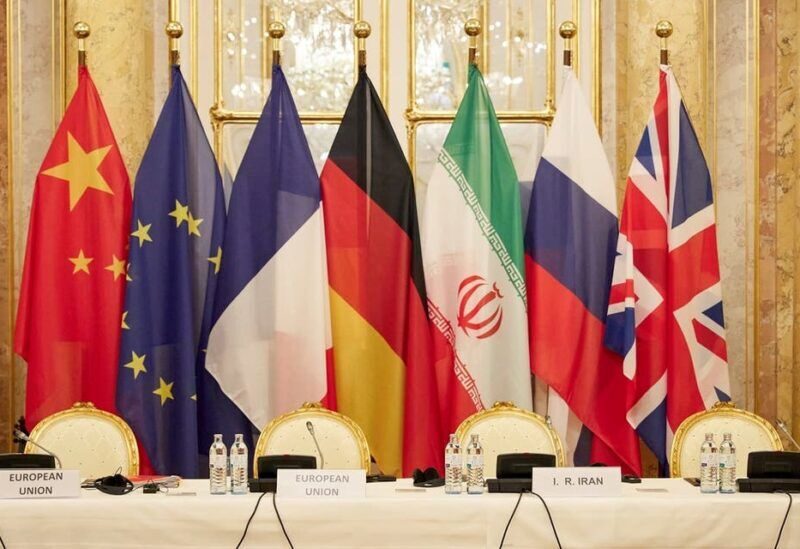
Vienna Talks regarding Iran's Nuclear Deal
The world, along with the regional countries and Lebanon, is awaiting the speech that US President Joe Biden will deliver on March 1, which is called the “State of the Union”. Western diplomatic sources confirm that the speech traditionally defines US domestic and foreign policy, its potentials, promises, and achievements that are supposed to serve the Democratic Party, and secure the President’s continuity in power.
Sources told Sawt Beirut International (SBI) “it is clear that Vienna negotiations between the United States, Western countries, and Iran, regarding reviving the nuclear deal signed in 2015 have reached their final stages, and would lead to an agreement.” But the details of this agreement were not revealed, especially whether it will be reviving the old agreement, or formulating a new one on the old basis. The deadline for announcing the agreement is yet not clear, amid the polarization of positions in the last days. But it must end before March 1, the date of the speech. The agreement if announced will be an achievement in the foreign policy for Biden.
Biden seems committed to the date of the speech as it is considered a great entitlement. He also wants to talk about the achievements before November, the date of the midterm elections in the Congress, which is another entitlement that he wants the Democrats to win, otherwise they will lose after one year and forty days from assuming the presidency.
Eyes will be shifted towards Iran’s behavior in the region if an agreement was concluded. This is because its growing influence has become a threat to more than one Arab and non-Arab party. Its military targeting of the Gulf states through missiles and drones has become a matter of concern to the leaders of the region, in addition to its influence on its allies in the Middle East, including Lebanon.
Therefore, the questions raised are: Will Iran strengthen its influence by increasing its funds to its allies in the Arab countries as a result of lifting sanctions on its frozen assets and on its oil exports? Or will it use these funds to develop and revive its economy, and stop the economic collapse? When Iran signed the nuclear deal in 2015 and sanctions were lifted on its frozen assets, it funded its armed groups in the region and thus, strengthened its influence. Will it now adopt a different approach, and what are its priorities: regional influence or reviving economy and improving the internal situation.
The other question arising: Will the US administration deal with it on the basis that signing the nuclear deal will be matched by gains for Iran in one of the files in the region, such as in Lebanon, Iraq, Yemen and Syria, all of which are open to many developments? Or will the US administration show firmness, which means it will not give up its points of control in these files, and that Iran should show positivity in these files without providing any price for signing the agreement?